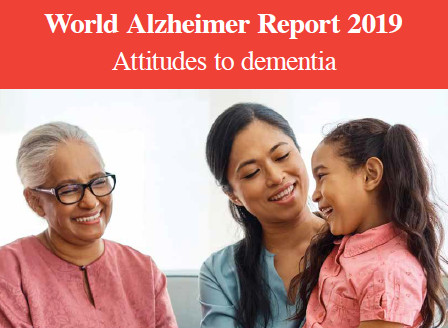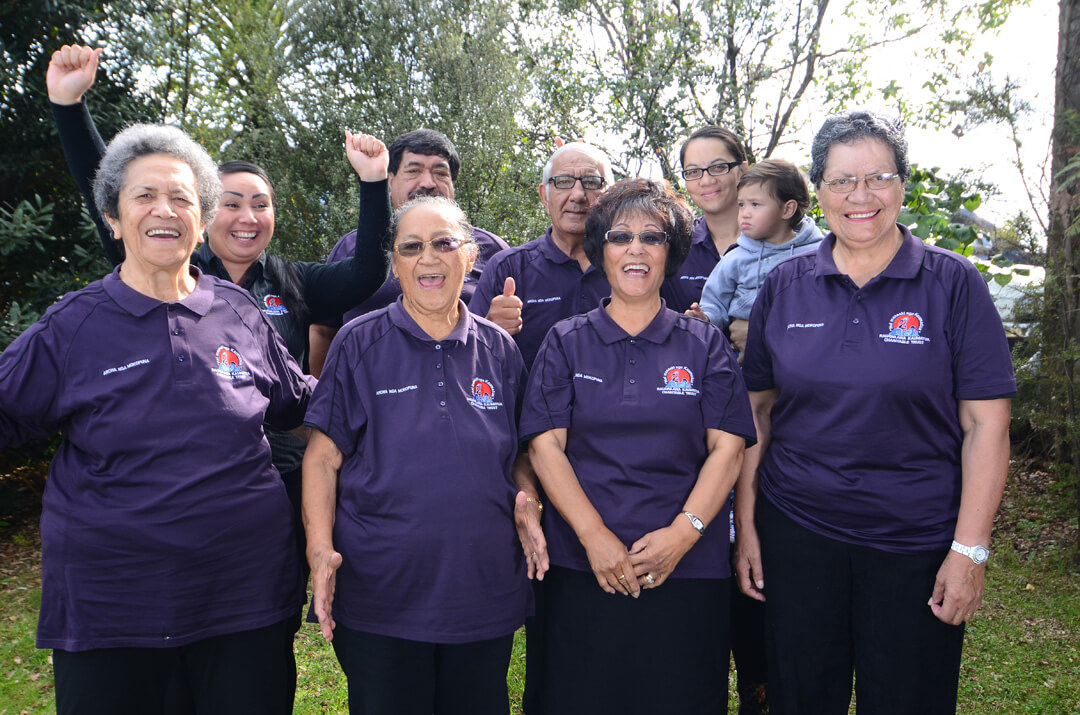Report reveals startling findings about stigma
The findings of the world’s largest survey on attitudes to dementia indicates that while there is much fear of developing dementia, the true understanding of the disease is low.

Over 70,000 people in 155 countries around the world took part in the survey, which was commissioned by Alzheimer’s Disease International (ADI). Over 1,000 New Zealanders took part in the survey, the results of which have been published in this year’s World Alzheimer Report.
Every 3 seconds, someone in the world develops dementia. Alzheimer’s disease and other dementias are the fifth leading cause of death globally.
Key findings from the report are:
- There is a startling lack of global knowledge around dementia, with two thirds of people still thinking the disease is a normal part of ageing rather than a neurodegenerative disorder.
- 95% of survey participants think they could develop dementia in their lifetime.
- Around 50% of people living with dementia feel ignored by doctors and nurses
- One in five people attribute dementia to bad luck, almost 10% to God’s will and 2% to witchcraft.
Regrettably, the findings around stigma and dementia are not surprising. Our recent research here in New Zealand shows Kiwis living with dementia experience a significant amount of social isolation, stigma and discrimination.
People with dementia often feel they have no control over decisions that affect them, and report being marginalised as if their lives are over and of no consequence the moment the diagnosis is given.
It is time people with dementia were treated with respect, supported to make the decisions that are important to them, and get the help and support they need. This message is at the heart of our Dementia Declaration, which was launched earlier this year.
A key tool for addressing these issues is the draft NZ Dementia Plan, which is being prepared by leading representatives in the dementia sector, including Alzheimers NZ.
The World Alzheimer Report contains 10 recommendations, including:
- the need for targeted public health awareness campaigns to reduce the risk factors for dementia
- more timely diagnosis, better in-community support services, both for people with dementia and their care partners
- more emphasis on Dementia Friendly programmes and more funding for research.
The report was presented to government at the Wellington Memory Walk to Parliament.


